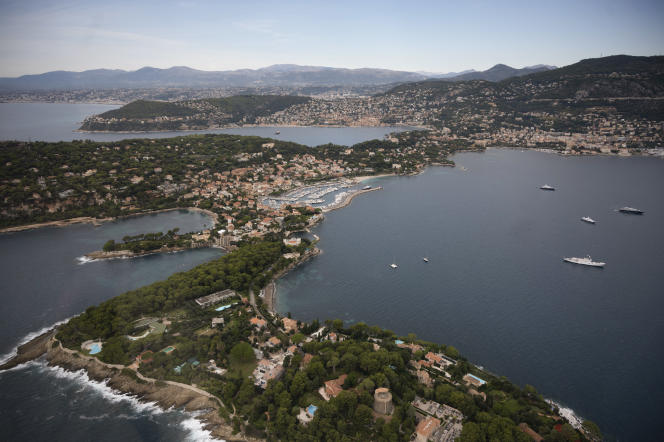In the midst of uncertainty about the future of Anticor, which has just lost its approval, here is a concrete illustration of the public utility of anti-corruption non-governmental organizations (NGOs). While the purchase of real estate remains a royal route to launder money of criminal origin, but there is no macroeconomic data to calibrate the risk in France, Transparency International and its French section, associated with the collective Anti-Corruption Data Collective, fill the void. Together, they publish, Wednesday, July 5, a detailed report on the subject entitled “Face the wall”.
This unpublished X-ray of the territory is rich in revelations. It shows that 11% of French cadastral parcels – more than 10 million out of 98 million – are held through private companies (civil property companies, public limited companies, etc.), and that, in three quarters of cases, the the identity of the beneficial owners is not indicated in the publicly accessible registers. This represents the shock figure of 7.3 million plots held anonymously, either by French companies, which do not fulfill their legal obligations to declare “beneficial owners”, or by foreign companies, which are not bound by this exercise of transparency. These missing data prevent civil society from exercising its watchdog role: journalists and NGOs in particular are deprived of valuable information to feed their investigations or reveal financial scandals.
To arrive at these findings, several months of work were necessary for Transparency and Anti-Corruption Data Collective. It was necessary to compile, aggregate and compare existing public data on companies and real estate (register of beneficial owners of companies, register of real estate assets held by legal persons, cadastre, etc.).
“We are far from ‘everything is under control'”
If this survey commands attention, it is because money laundering through real estate – a key sector of the economy, with 11% of GDP and more than a million transactions each year – constitutes “a high threat” in France, as pointed out by the Orientation Council for the fight against money laundering and the financing of terrorism in its “national risk analysis” of January. This risk is greatest in luxury residential real estate, where the possibility of recycling into the legal economy very large sums of money from crimes and misdemeanors (drug trafficking, tax evasion, corruption, human trafficking , etc.) adds to the difficulty for the authorities to carry out checks, due to the absence of a price reference system.
You have 72.52% of this article left to read. The following is for subscribers only.
